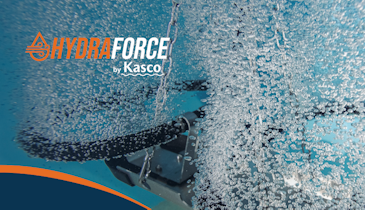I read with interest your editorial on renewable energy (“You Operate a Power Plant,” TPO, February 2013). We have undertaken many initiatives at the Western Monmouth Utilities Authority’s Pine Brook Treatment Plant to address energy conservation.
We have done the obvious such...





